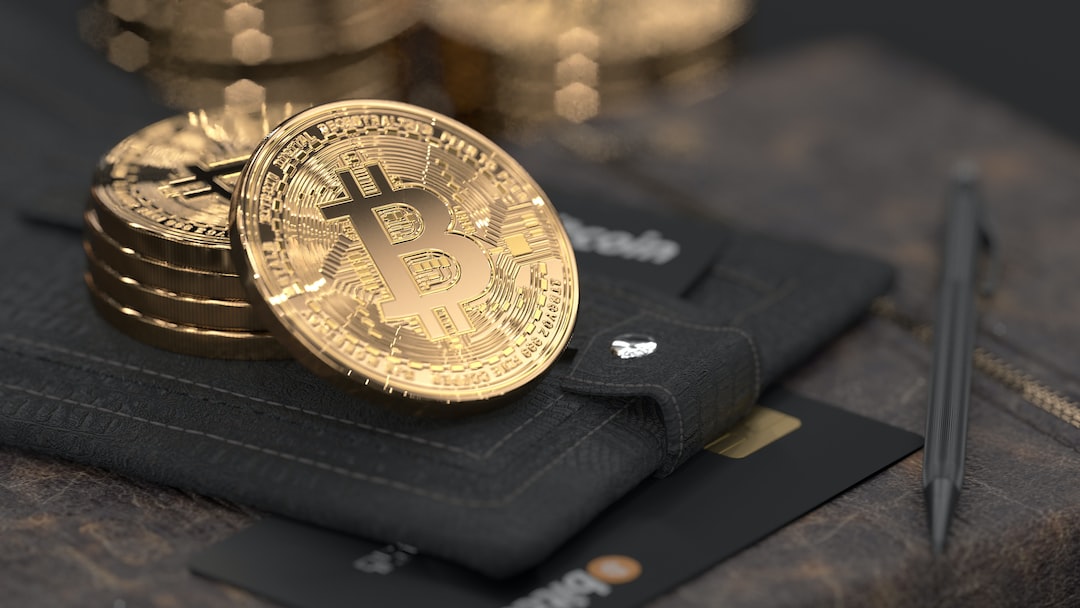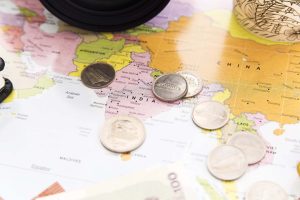Is Trading Forex Really Gambling? Debunking the Myths and Misconceptions
The world of forex trading has often been associated with gambling, but is it really a game of chance? Many misconceptions and myths surround the forex market, leading some to believe that trading forex is nothing more than a gamble. In this article, we will debunk these misconceptions and shed light on the truth behind forex trading.
One of the main reasons why people perceive forex trading as gambling is because both activities involve risk. However, it is important to understand that while there is an element of risk in both, forex trading is not simply a game of chance. Unlike gambling, forex trading requires skill, knowledge, and a deep understanding of the market.
In gambling, the outcome is purely based on luck or chance. Whether you win or lose is determined by random factors such as the roll of a dice or the spin of a roulette wheel. On the other hand, forex trading is not a random process. It involves analyzing data, studying charts, and making informed decisions based on economic indicators, news events, and technical analysis.
Another misconception is that forex traders are just speculating and betting on the direction of currency prices. While it is true that forex trading involves speculating on the movement of currency pairs, it is not a blind bet. Traders use various tools and strategies to analyze the market and make calculated decisions. They rely on technical indicators, fundamental analysis, and risk management techniques to increase their chances of success.
Furthermore, unlike gambling, forex trading allows traders to control their risk and limit their losses. Stop-loss orders are commonly used in forex trading to automatically close a trade if the market moves against the trader beyond a certain point. This risk management tool ensures that traders do not lose more than they are willing to risk.
In addition to risk management, forex trading also requires continuous learning and improvement. Successful forex traders invest time and effort into educating themselves about the market, studying different trading strategies, and analyzing their own performance. This dedication to learning and improvement is not typically associated with gambling, where luck is the primary factor.
Moreover, forex trading is not a zero-sum game like gambling. In gambling, for one person to win, another person must lose. In forex trading, it is possible for both parties in a trade to profit. This is because forex trading involves trading currency pairs, meaning that when one currency strengthens, another currency in the pair weakens. By taking advantage of these fluctuations, traders can make profitable trades without relying on someone else’s loss.
It is also worth noting that forex trading is regulated and overseen by financial authorities in most countries. These regulatory bodies ensure that forex brokers adhere to strict rules and regulations, protecting traders from fraudulent practices. This level of regulation provides traders with a sense of security and reduces the likelihood of manipulation or unfair practices.
In conclusion, trading forex is not gambling. While both activities involve risk, forex trading requires skill, knowledge, and analysis to make informed decisions. It is a disciplined and strategic approach to investing, rather than a game of chance. By debunking these misconceptions and understanding the true nature of forex trading, individuals can make more informed decisions about whether or not to participate in the market.





